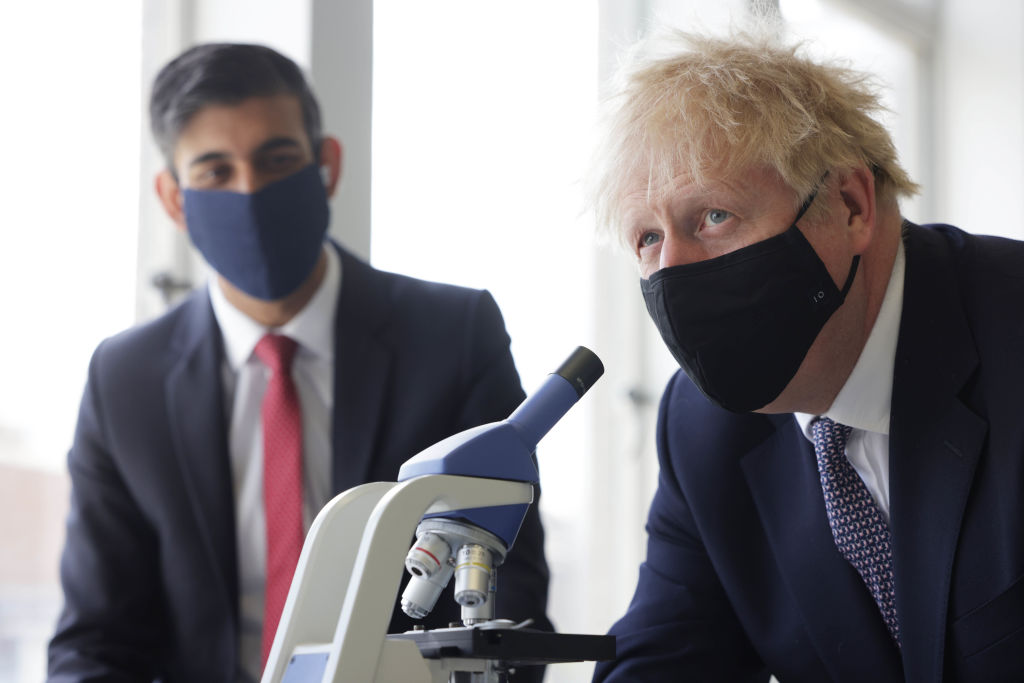As ministers grow increasingly confident that they will be able to unlock by 19 July, Boris Johnson is facing a series of other political problems coming up the track. After the party lost the Chesham and Amersham by-election to the Liberal Democrats, Tory MPs with seats in the south are particularly restive. CCHQ has spent the weekend reaching out to these MPs in a bid to offer reassurance that the party has not forgotten about them. Yet the biggest problem Johnson faces is on spending.
The spending review in the autumn will see all these various debates playing out
Over the weekend, there have been a series of reports of a rift between the Prime Minister and his Chancellor on the Covid recovery. Figures in the Treasury are growing frustrated with a No. 10 that has a habit of announcing new spending pledges or policies that will inevitably cost money without advance notice to No. 11. There has already been a taste of the difficult decisions ahead in the Covid education catch-up plan. Education catch-up tsar Kevan Collins quit after his bid for a £15bn recovery settlement was rejected. While Johnson backed Sunak in doing so, Collins felt as though he had been misled by the Prime Minister who had suggested money was no object.
Now there are several live issues where No. 10 and No. 11 appear to be on a collision course. The first is social care. Johnson was reported to be meeting on Tuesday with both Sunak and Hancock to discuss a solution to it. He is thought to favour the Dilnot proposals that would see a cap of £50,000 on care costs. Sunak could support this but only if they can work out where the money for the estimated costs of £5bn a year will come from.
The next area where there is a difference of opinion is the triple lock. Figures in the Treasury worry that temporary wage distortions as a result of the Covid recovery means that the elderly will be in line for a big boost to their state pension next year – at a time when others will be tightening the purse strings. However, Johnson is strongly opposed to ditching the triple lock on the grounds it is a manifesto pledge. There’s also the small issue of a £200 million yacht that no single government department seems particularly keen to pay for.
The spending review in the autumn will see all these various debates playing out. While Johnson hopes for fast economic growth, what this really comes down to is how relaxed ministers are about either relying on low interest rates to borrow or tax rises. The problem right now is that on borrowing, Johnson and Sunak take rather different views.







Comments